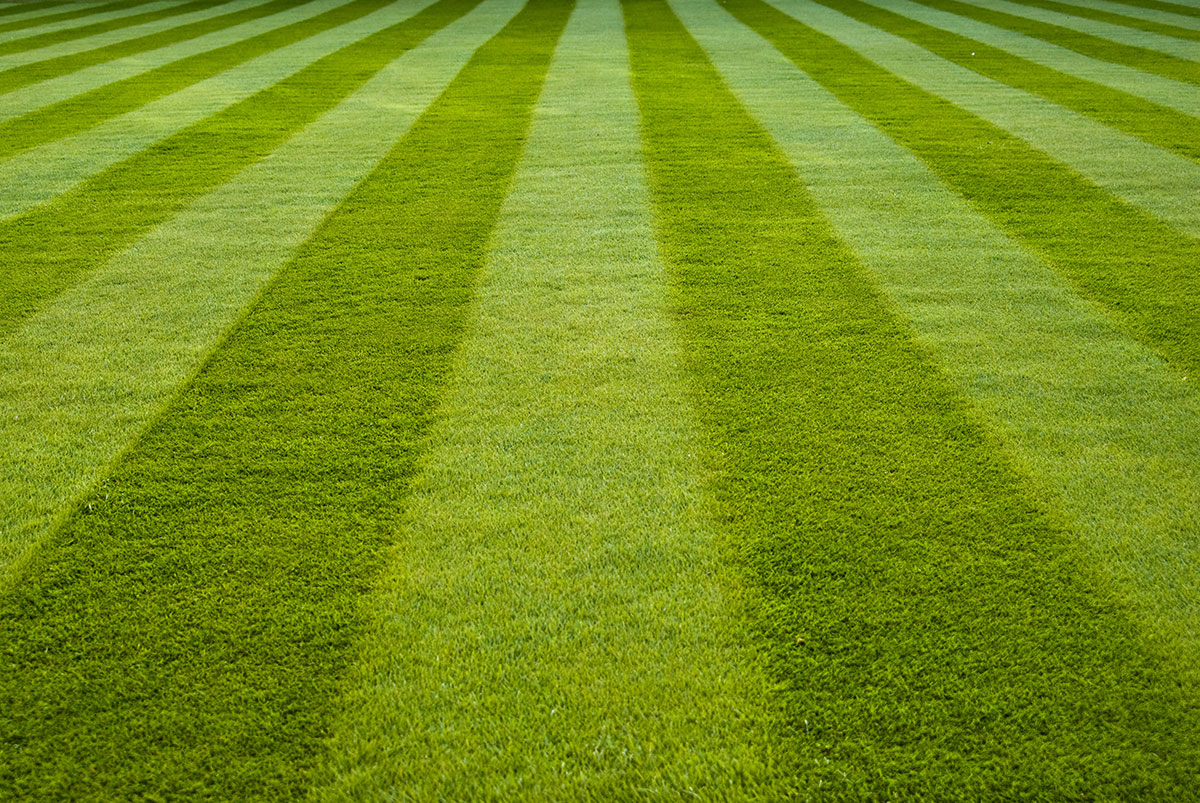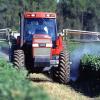I am someone who came to love insects and invertebrates later in life. For me, it all started with keeping honey bees with my best friend back in the mid1990s. Taking care of three humming hives made me curious about where all of the nectar and pollen was coming from.
I’d always been fascinated by nature and the natural world, so roaming out into the old fields of upstate New York to search for my honey bees was an easy leap. When my eyes focused tighter, past the relatively showy birds, mammals, shrubs and trees I was used to watching and down to the tiny stages of summer flowers, I was surprised to be pulled into a whole new universe.
I found my honey bees with their saddle bags of pollen, but more importantly, I discovered an enormous cast of tiny animals that I had never taken the time or attention to notice before. I was surprised by the variety of native bees, crab and lynx spiders, thread-waisted wasps, hover flies and robber flies, ambush bugs and assassin bugs, lady beetles, black locust beetles, aphids, thrips, praying mantises and a huge variety of other invertebrates, each living their own unique lives. My fascination quickly led to the wonderful realization that each and every one of these animals had its own story to tell and role to play in the natural world.
This new fascination ultimately led to a 25-year career in invertebrate conservation and education. I couldn’t imagine a world without these animals, and yet insect abundance is in decline everywhere. As we celebrate Earth Week, let’s pause to consider what our world would be like if these animals were taken away from us and the world.
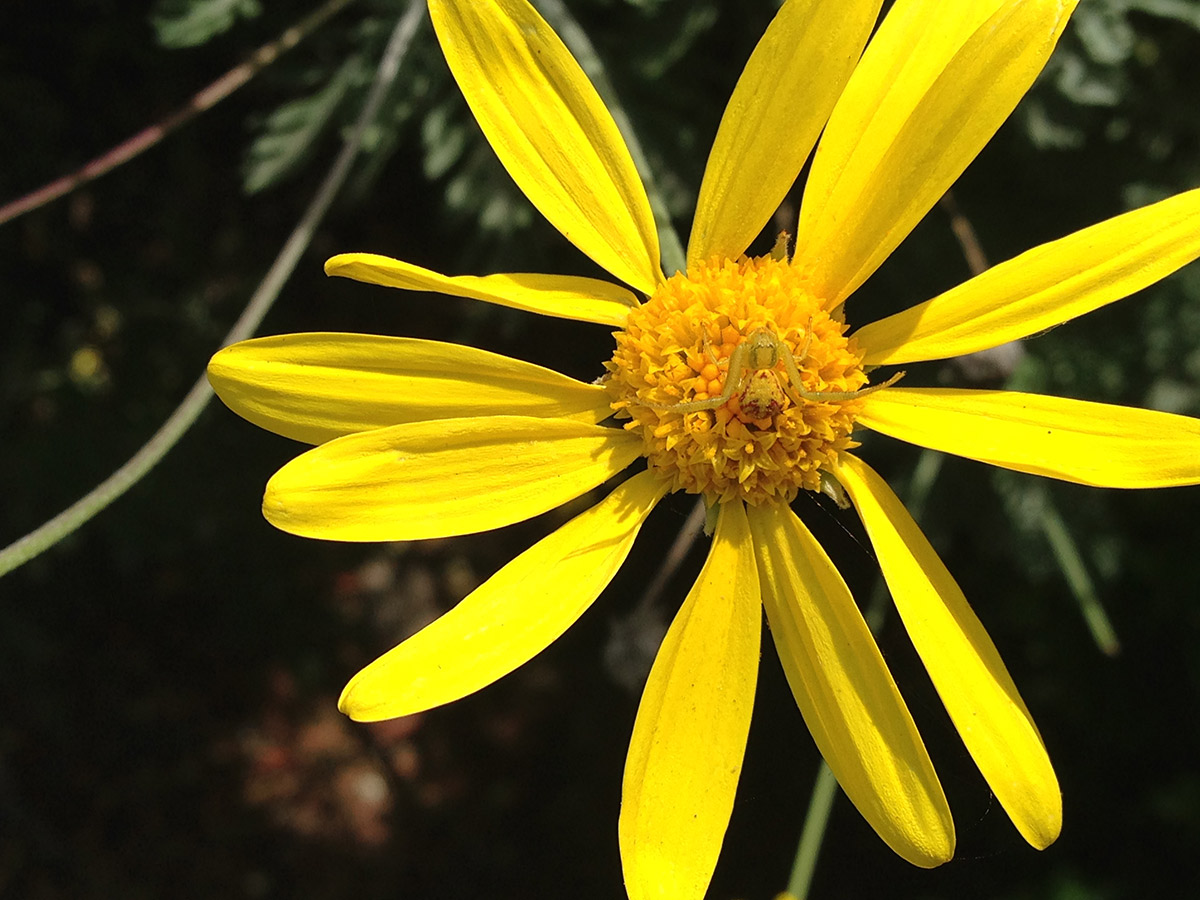
Without invertebrates, we lose birds
As I write this blog, I am watching a half-dozen different birds visit a bird feeder my neighbors keep well stocked with seeds. In a world where the insects have disappeared, so too have these birds.
89% of bird species are dependent upon insects as food during at least part of their lives. For many, this is just when they are chicks and when the easily digested and energy rich nutrition of insect prey helps them to grow quickly. For those birds that move on to eat seeds or fruits as adults, very often those seeds and fruit are the product of pollination mediated by tiny insects. In fact, along with the wind-pollinated millet, sorghum and cracked corn, I’m sure that the feeder across from my window has its share of sunflower, safflower, or thistle seeds, all reliant on pollinators.
This bird feeder shouldn’t distract our attention from all of the other birds that feed on insects emerging from our streams, rivers and wetlands. Whole migrations of millions of waterfowl, not to mention swifts and swallows and other species, depend upon the abundance of insects living in or emerging from their aquatic habitats. And who has seen a dipper slipping quickly under the surface of a stream to grab a stonefly and not been charmed?

Without invertebrates, there are fewer fish and mammals
Insects are also food for a wide variety of fish. Large and smallmouth bass, minnows, shad, alewife and so many more fish all eat insects, then serve as prey for musky and pike in turn. Migrating salmon need insects to fuel their trip to the sea, returning many years later to feed bears, birds and other animals.
Without invertebrates, we lose nutritious food
Those same bears who gorge on salmon runs depend upon berries and other fruits to fatten themselves during the summer. These fruits – huckleberry, salmonberry, cranberry, and their relatives – are also food for us.
Human nutrition is reliant upon insects. They pollinate fruits and vegetables like squash, cucumber, apples and cherries, not to mention carrots, onions, and greens grown from insect-pollinated seed. Even our meat and dairy fed on alfalfa hay ultimately needed an insect to produce the seed to grow the hay. Should insects disappear, we’d still have calories from wind-pollinated wheat, rice, and corn, or perhaps even protein from soybean- and grass-fed cattle. However, our vitamins and minerals – key nutrition – would be lacking.
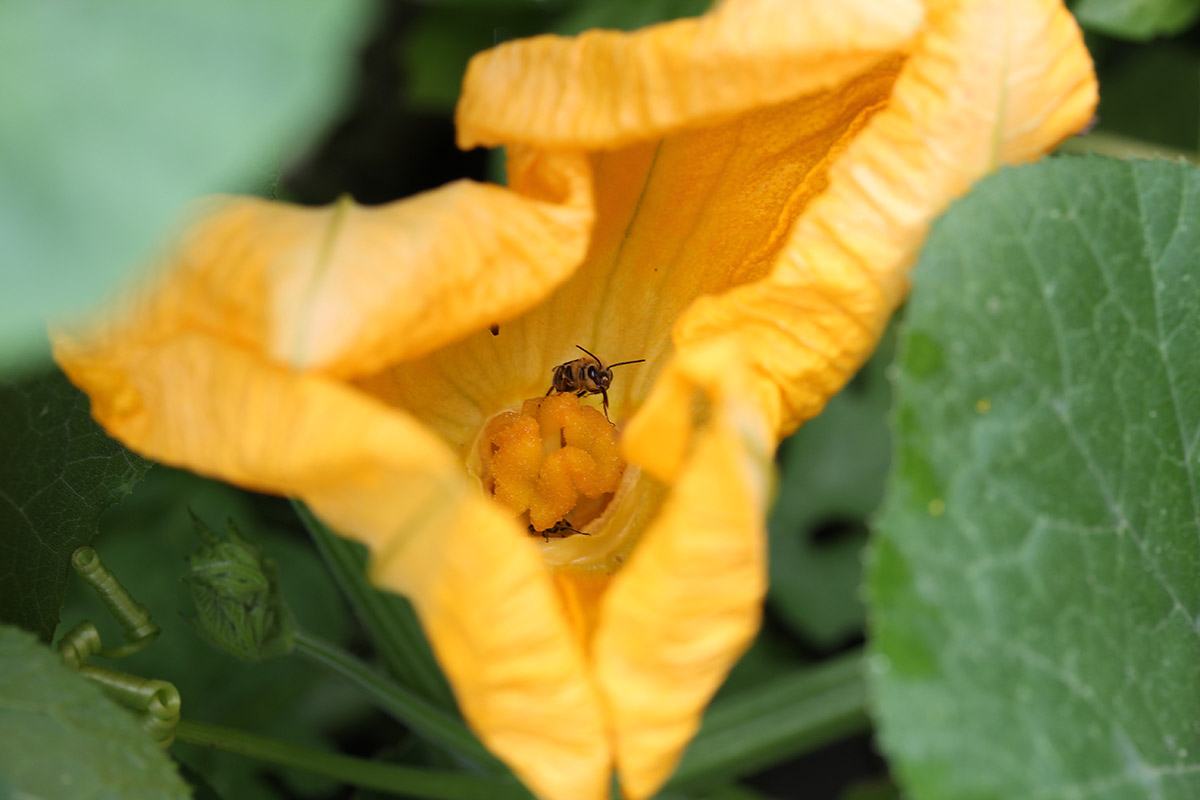
Without invertebrates, waste would pile up
Without insects, we would quickly have issues with grazing livestock. Dung beetles are hard-working and often unseen, yet they are vital for the rapid decomposition of cow patties that would otherwise smother the ground and hold on to nutrients that feed the range and help grow future forage. In fact, all dead things across the planet would be slow to decompose. For fungus and other microbes to quickly finish the work of decomposing dead plants, dead animals and dung, we also need carpenter and harvester ants, carrion and dung beetles, soldier flies and flesh flies to do their job of quickly taking apart the newly dead, breaking waste down into smaller parts so that all of that energy can return to the earth. This most certainly is not a glamorous job, but I for one am grateful it is being done.
Without invertebrates, we lose nature’s music
When I close my eyes, I can hear the chirping of katydids and crickets and all manner of buzzing and zooming. I also can hear the call of the chickadee and the trill of a hummingbird, the caw of a crow, or the chorus of spring peepers or pacific chorus frogs. Should invertebrates disappear, perhaps most shocking of all to me would be the loss of the music of life. To walk outside on a summer or spring afternoon and not hear a chorus or call from nature’s stage, to me would be the saddest loss of all.
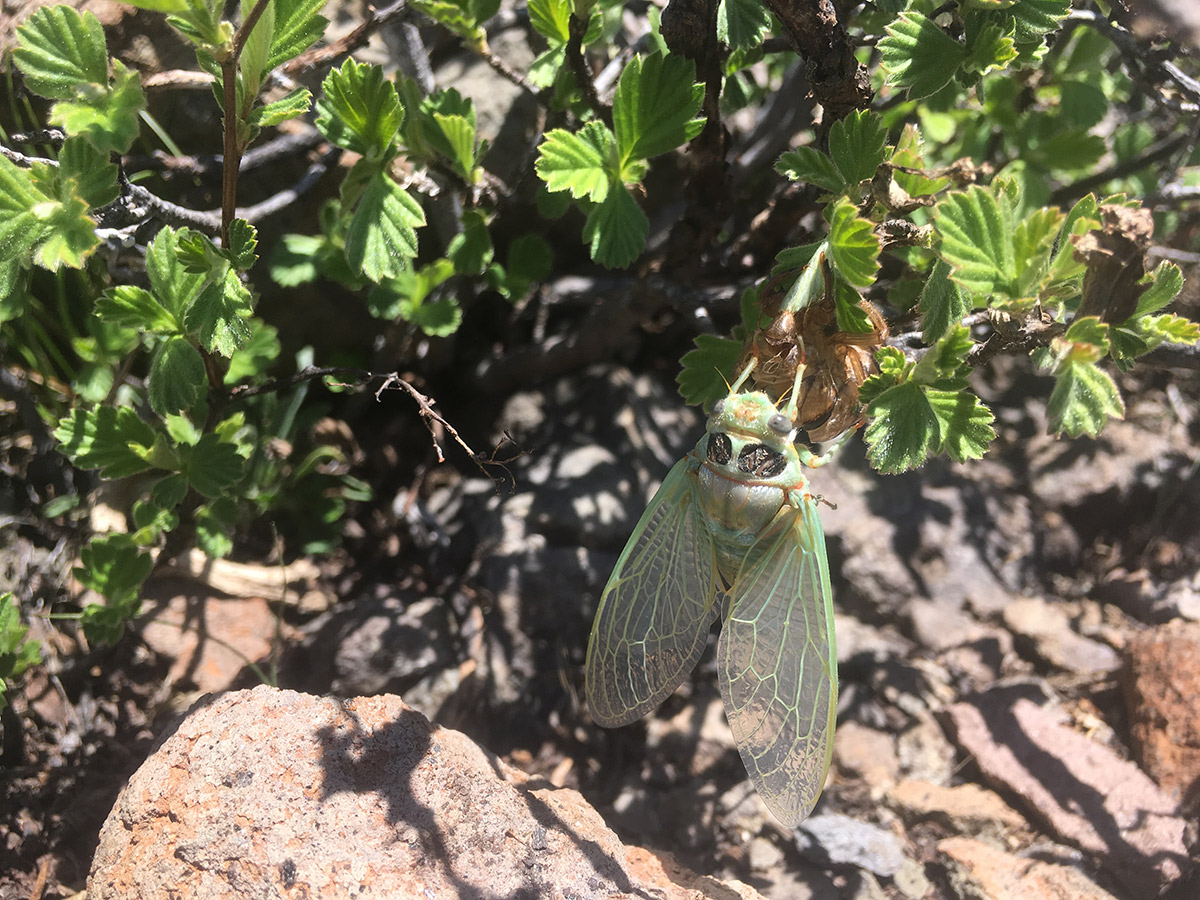
Working together, we can protect invertebrates
Thinking about the worst case scenario can leave me feeling a bit melancholy, as is often the case for Xerces staff and all of us who care about the health of insects, biodiversity and the planet. But whenever this sadness falls upon me, I reach for my secret weapon. No matter where any of us live on this beautiful planet, we can either find, protect, or create a small oasis to watch or grow native, blooming plants – be it in a planter, a backyard or a small meadow. Then, when spring and summer arrive, the curtains on these tiny stages will be lifted, and insects can dance and sing before you. If we work together to conserve and protect invertebrates, none of us will ever need to walk out into Rachel Carson’s Silent Spring.
